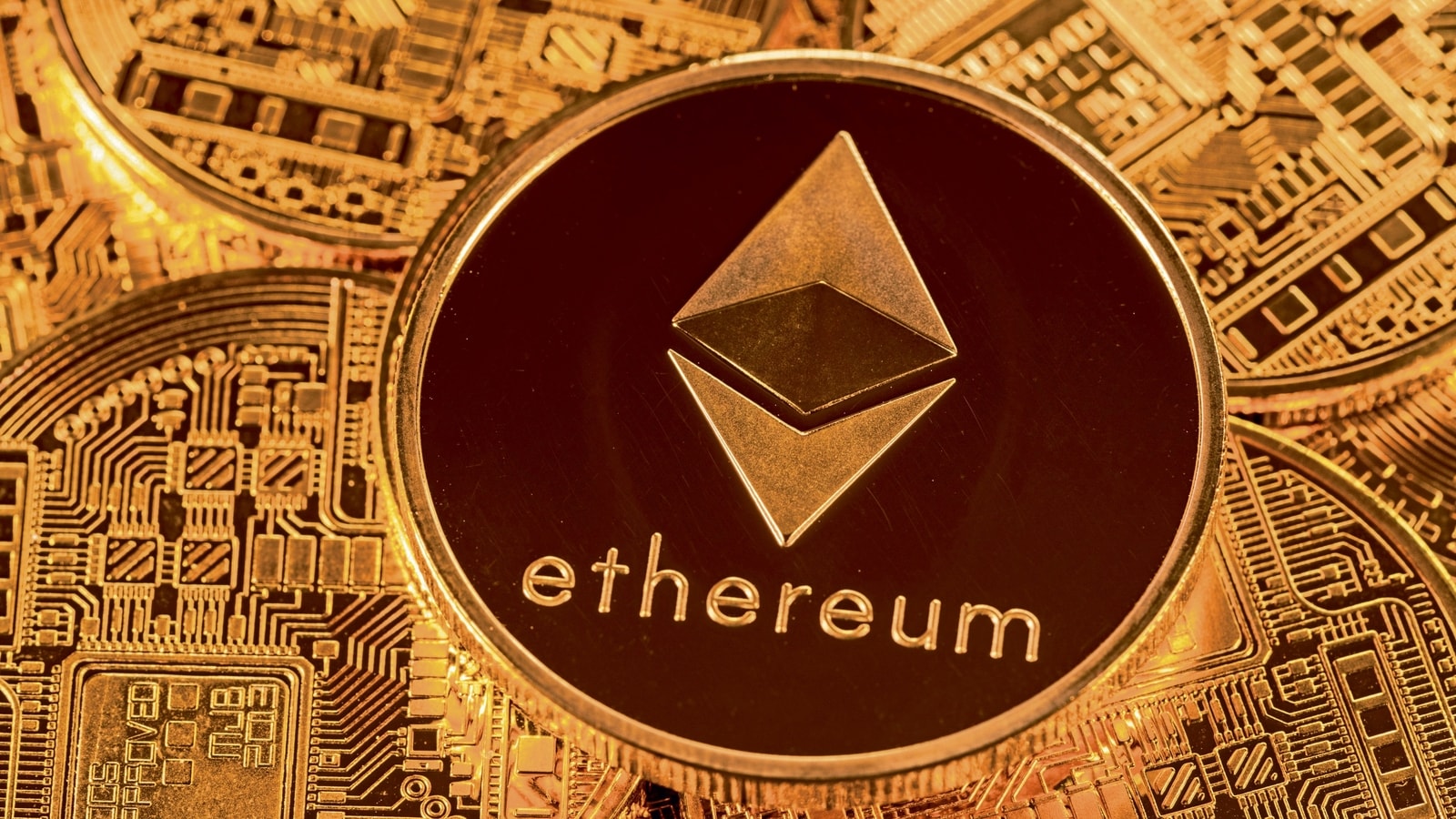Ether outperforms Bitcoin as excitement builds for Merge upgrade
Ether is outperforming its better-known-rival Bitcoin once again as optimism over a long-sought update that promises to reduce the carbon footprint of the world’s most-used blockchain appears to be getting closer to fruition.
Ether is outperforming its better-known-rival Bitcoin once again as optimism over a long-sought update that promises to reduce the carbon footprint of the world’s most-used blockchain appears to be getting closer to fruition.
Ether, the native cryptocurrency of the Ethereum blockchain, has rallied more than 16% in the past seven days, while Bitcoin rose 8.4%. So far this year, Ether is down about 17% and Bitcoin has fallen roughly 7%.
The latest bout of outperformance is happening as anticipation builds for the biggest software upgrade in Ethereum’s eight-year history. Called the Merge and expected within months, it will change how transactions on Ethereum are ordered, helping the network consume less electricity and run more efficiently. Developers have been promising the upgrade for years. The last test of this software before the Merge is triggered began on March 15, and after some initial glitches such as error messages, appears to be running smoothly.
“The ETH merge on ‘Kiln testnet’ caused ETH to outperform the market,” said Teong Hng, co-founder and chief executive officer of Hong Kong-based Satori Research. “It is regarded as an upgrade in terms of the transactions’ validations in Ethereum. The merge was successful with no major issue reported.”
Ether jumped as much as 4.8% on Tuesday in Asia, touching its highest level since Feb. 17 and trading at $3,043 at 12:38 p.m. in Hong Kong. Bitcoin also rallied, advancing 4.9% to $43,144.
Not only will the new software likely make Ethereum more attractive for environmentally-conscious investors, but it could also reduce the supply of Ether in circulation.
After the merge, Ethereum’s network will stop using millions of powerful servers called miners to order transactions on the blockchain. Instead, people will be able to place their Ethers into special staking wallets, which will be used to order transactions — a system called Proof of Stake. The stakers won’t be able to take their coins out at least until another software upgrade, expected about six months after the Merge.
They are also going to be less likely than miners to sell newly minted coins they receive as rewards for being stakers, as they don’t have as high operating costs as energy-thirsty miners, said Kyle Samani, co-founder of Multicoin Capital. After the Merge, Ethereum’s energy consumption should drop 99%.
The Merge was expected to take place months ago, but had been delayed, as Ethereum developers worked to make sure everything goes smoothly. The entire Ethereum economy, including $349 million in Ether, plus billions in decentralized-finance apps and nonfungible tokens depend on it. Ethereum Foundation officially planned for the Merge to happen in the second quarter of 2022, but had recently said in a blog that the exact timing hasn’t been determined — a possible sign of a small delay.
“It would take a catastrophic event for it to not happen this year,” Tim Beiko, a computer scientist who coordinates Ethereum developers, told Bloomberg. Still, some miners expect the Merge will get pushed out into the fall.
For all the latest Technology News Click Here

